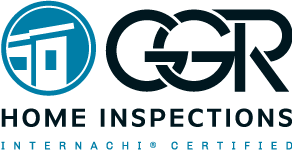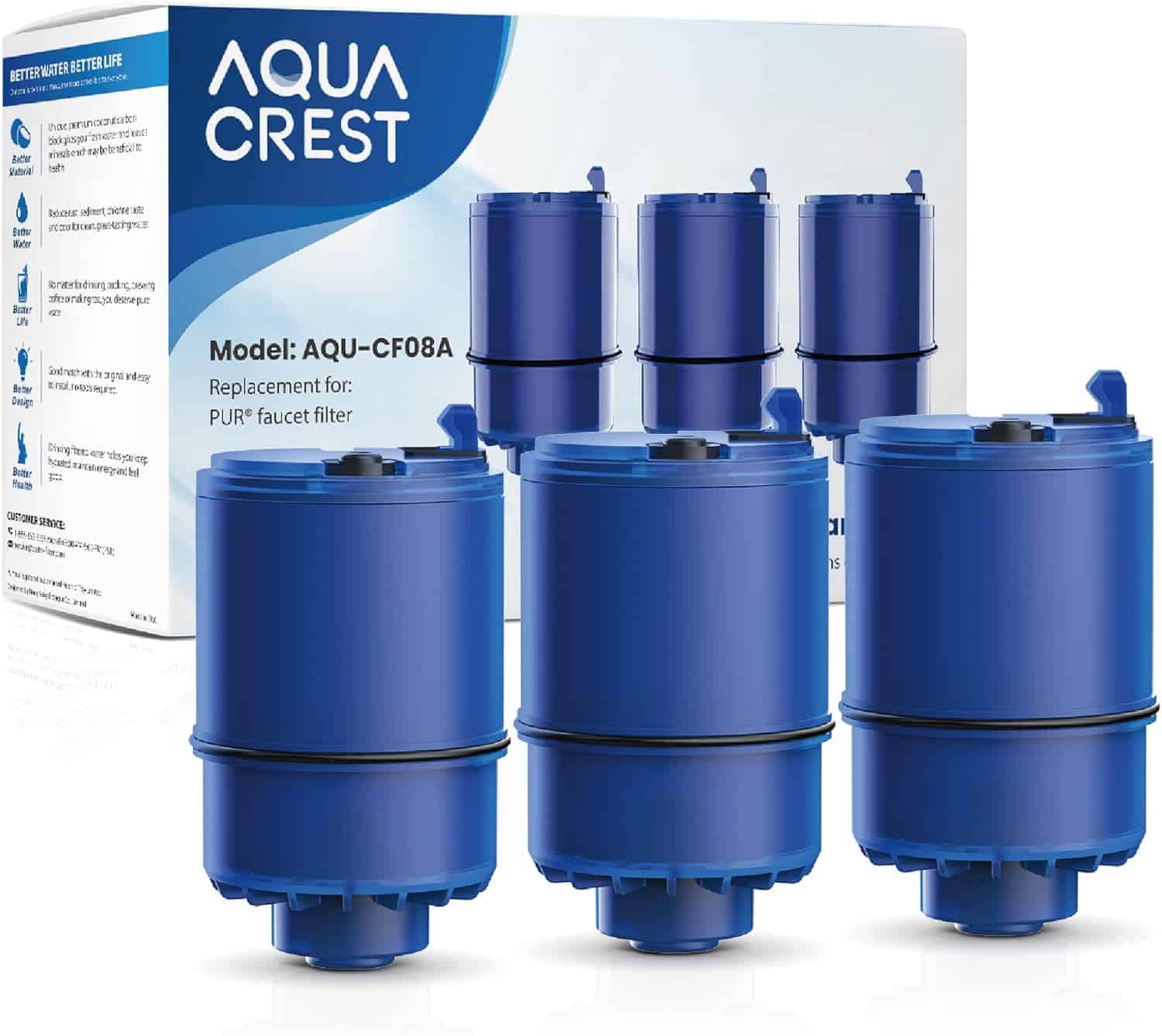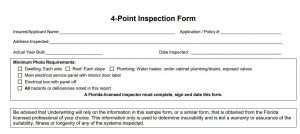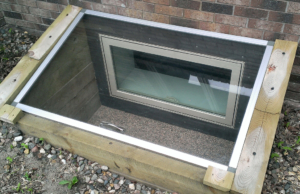Questions to Ask During a Home Inspection:
Ensuring a Thorough Assessment
Buying a new home is an exciting venture. It’s easy to get swept up in the thrill of the hunt, but it’s important not to overlook one vital step: the home inspection. This process can reveal a lot about a property’s condition, helping you avoid unpleasant surprises down the line. So, what should you ask during a home inspection? Knowing the right questions to ask can make all the difference. This post will help guide you through this stage of the home-buying process, ensuring you’re fully informed before making your final decision.
Importance of Asking Questions During Home Inspection
When it comes to buying a home, one of the steps in the process is the home inspection. This is when a qualified inspector thoroughly examines the property to identify any potential issues or defects. Many home buyers assume that the inspector will catch everything and provide them with a comprehensive report. However, relying solely on the inspector may not be enough. It is essential for buyers to actively participate in the inspection process by asking questions.
Why Should You Ask Questions During a Home Inspection?
Asking questions during a home inspection is a proactive approach that empowers you as a buyer. While a skilled inspector will likely cover the basics, they may not delve into specific concerns or areas of interest that you have. By asking questions, you can gain a deeper understanding of the property’s condition and make a more informed decision. Here are a few reasons why you should actively participate in the inspection:
- Clarify any doubts or uncertainties: If you notice something that raises a question or concern, do not hesitate to ask the inspector for clarification. They can provide valuable insights and help you understand the severity or potential risks associated with a particular issue.
- Learn about maintenance and repairs: The home inspector is a wealth of knowledge when it comes to the property’s maintenance needs and potential repairs. By asking questions, you can gather information about the essential maintenance tasks and potential future expenses, allowing you to plan and budget accordingly.
- Gain confidence in your decision: Buying a home is a significant investment, and it is crucial to feel confident in your decision. By actively participating in the inspection and asking questions, you can gather all the necessary information to assess if the property meets your needs and expectations.
Benefits of Asking Questions During a Home Inspection
Now that we understand why asking questions during a home inspection is important let’s explore the benefits it can bring to the table:
- Uncover hidden issues: While inspectors are trained professionals, they may not catch every single problem during the inspection. By asking questions, you may uncover hidden issues that were not initially apparent. This additional information can help you negotiate repairs or even reconsider your purchase decision.
- Educate yourself about the property: Each property is unique, and asking questions allows you to further educate yourself about its specific features and systems. By understanding how things work and what to expect, you can better maintain the property in the long run.
- Negotiation leverage: If the inspection reveals significant issues, asking questions can give you leverage during the negotiation process. Armed with additional information, you can request repairs or negotiate a lower price to account for the necessary fixes.
Asking questions during a home inspection is an important action in the home-buying process. It allows you to clarify doubts, gain knowledge about the property, and make an informed decision. By actively participating and seeking answers, you can ensure that you have a thorough understanding of the property’s condition and potential future expenses. So, don’t be afraid to speak up and ask questions during your next home inspection!
General Questions to Ask During a Home Inspection
When it comes to buying a new home, a thorough inspection is crucial to ensure that you’re making a sound investment. It’s essential to ask the right questions during the process to gain a comprehensive understanding of the property’s condition. In this section, we will discuss some important general questions you should ask during a home inspection.
Can You Walk Me Through the Inspection Process?
One of the first questions to ask your home inspector is to provide an overview of the inspection process. This will help you understand what to expect and the various components they will assess. By knowing the steps involved, you can be more engaged during the inspection and ask targeted questions about specific areas of concern.
Are There Any Major Issues with the Home?
This question is crucial as it gives you insight into any significant problems that may exist within the property. It’s important to know if there are any structural issues, water damage, or other serious concerns that could affect the home’s value or safety. Understanding the severity of any problems will help you make an informed decision about whether to proceed with the purchase or negotiate repairs.
Are There Any Immediate Repairs or Safety Concerns?
In addition to major issues, it’s essential to identify any immediate repairs or safety concerns that need to be addressed. This could include faulty electrical wiring, plumbing leaks, or any other issues that require immediate attention. By knowing about these concerns upfront, you can plan for the necessary repairs and factor them into your decision-making process.
What Regular Maintenance Does the Home Require?
Understanding the regular maintenance requirements of a home is vital to ensure its long-term upkeep and avoid unexpected repair costs. Ask the home inspector about routine maintenance tasks such as HVAC system servicing, gutter cleaning, or roof inspections. This information will help you budget for ongoing maintenance and ensure the home remains in good condition in the years to come.
Are There Any Areas That Need Further Evaluation?
Sometimes, during a home inspection, the inspector may identify areas that require further evaluation by a specialist. This could be due to suspected issues that require more in-depth analysis or testing. Asking about these areas will help you determine if additional inspections or assessments are necessary before finalizing the purchase. It’s better to be thorough and address any potential concerns before committing to the property.
By asking these general questions during a home inspection, you’ll gain valuable insights into the condition of the property and any potential issues that may exist. Remember, the more information you have, the better equipped you’ll be to make an informed decision about your new home.
Questions about Structural Elements
During a home inspection, it’s crucial to thoroughly assess the structural elements of the property. The structural integrity of a house plays a significant role in its safety, durability, and overall value. To ensure that you have a comprehensive understanding of the structural condition, consider asking the following questions:
1. How Old is the Roof and What Condition is it in?
The roof is one of the most critical structural components of a home. It protects the property from the elements and helps maintain a comfortable living environment. Inquire about the age of the roof to determine if it is approaching the end of its lifespan. Additionally, ask about its current condition to identify any signs of damage, such as missing shingles, leaks, or sagging areas.
2. Are There Any Foundation Issues?
A solid foundation is essential for a stable and secure home. Inquire about any potential foundation issues during the inspection. Look for signs of cracks, uneven floors, or doors that don’t close properly. These can indicate foundation settlement or structural movement, which may require further investigation or repairs.
3. How Old are the Electrical and Plumbing Systems?
The electrical and plumbing systems are crucial for the functionality and safety of a home. Inquire about the age of these systems to assess their condition and potential lifespan. Outdated electrical systems can pose fire hazards, while old plumbing systems may be prone to leaks or other issues. Ensure that these systems are up to code and in good working order.
4. Are There Any Signs of Water Damage or Leaks?
Water damage can have severe consequences, including mold growth, structural deterioration, and compromised indoor air quality. Look for signs of water damage or leaks during the inspection. Check for water stains on walls, ceilings, or floors, as well as musty odors or signs of mold growth. Identifying and addressing water-related issues promptly can help prevent further damage and costly repairs.
Taking the time to address these questions about the structural elements of a home during a home inspection can provide you with valuable insights into the property’s overall condition. Remember, a thorough examination of the roof, foundation, electrical and plumbing systems, and signs of water damage will help you make an informed decision before purchasing a home.
Questions about the Interior
When it comes to buying a new home, it’s important to thoroughly inspect every aspect of the property. The interior of a house plays a significant role in determining its overall condition and livability. In this section, we will explore some essential questions to ask during a home inspection, specifically focusing on the condition of the walls, ceilings, and floors, signs of pest infestation, issues with the HVAC system, and problems with insulation.
What is the Condition of the Walls, Ceilings, and Floors?
One of the first things to assess during a home inspection is the condition of the walls, ceilings, and floors. You should examine the interior surfaces for any visible signs of damage, such as cracks, water stains, or bulges. These could indicate underlying structural issues or leaks. Additionally, check for peeling paint, uneven surfaces, or any other defects that might require repair or renovation. A well-maintained interior will not only enhance the aesthetic appeal of the home but also ensure a safe and comfortable living environment.
Are There Any Signs of Pest Infestation?
Pests can cause significant damage to a property and pose health risks to its occupants. During a home inspection, it is crucial to inquire about any signs of pest infestation. Look for indicators such as droppings, chewed wires or wood, nests, or unusual odors. Common pests like termites, rodents, or ants can wreak havoc on the structural integrity of a home. Identifying and addressing pest issues early on can save you from expensive repairs in the future.
Are There Any Issues with the HVAC System?
The heating, ventilation, and air conditioning (HVAC) system is responsible for maintaining a comfortable indoor temperature throughout the year. It’s important to ask about the condition and functionality of the HVAC system during a home inspection. Inquire about its age, regular maintenance, and any past repairs. Check air vents and registers to ensure proper airflow. A malfunctioning HVAC system can result in discomfort, poor air quality, and high energy bills. Addressing any potential issues beforehand can save you from the inconvenience and expense of repairing or replacing the system later on.
Are There Any Problems with the Insulation?
Insulation is a crucial component of a home’s energy efficiency and comfort. During a home inspection, it’s essential to assess the insulation in the walls, attic, and crawl spaces. Inquire about the type of insulation used and its condition. Look for signs of moisture damage, inadequate or worn-out insulation, or any visible gaps. Proper insulation helps regulate indoor temperatures, reduces energy costs, and prevents issues like mold or drafts. Identifying insulation problems early on will allow you to address them promptly and improve the overall energy efficiency of the home.
By asking these important questions about the interior of a home during a thorough inspection, you can gain valuable insights into its condition, identify potential problems, and make an informed decision about your purchase. Remember, a well-maintained interior contributes to a comfortable and enjoyable living environment while minimizing the need for costly repairs down the line.
Questions about the Exterior
When conducting a home inspection, it’s crucial to thoroughly assess the exterior of the property. This includes examining the condition of the siding, windows, and doors, as well as checking for any issues with the gutters and drainage system. Additionally, it’s important to consider any concerns related to the landscape or grading. Let’s delve into each of these areas in more detail.
1. What is the Condition of the Siding, Windows, and Doors?
When assessing the exterior of a home, it’s essential to examine the condition of the siding, windows, and doors. The siding acts as a protective barrier against the elements, so it’s crucial to ensure that it’s in good condition and free from cracks or damage.
Windows and doors play a vital role in maintaining energy efficiency and security. Look for any signs of wear and tear, such as cracked glass, loose frames, or malfunctioning locks. These issues can impact both the comfort and safety of the home.
2. Are There Any Issues with the Gutters and Drainage System?
Properly functioning gutters and a well-maintained drainage system are essential for protecting a home from water damage. During your inspection, check the gutters for any clogs, sagging, or signs of leakage. Ensure that they are securely attached to the roof and that downspouts are directing water away from the foundation.
Inspect the drainage system for any potential concerns. Look for signs of water pooling near the foundation, which could indicate poor drainage. Adequate drainage helps prevent water infiltration and foundation problems.
3. Are There Any Concerns with the Landscape or Grading?
The landscape and grading around a property can significantly impact its condition and value. Improper grading can lead to water pooling near the foundation, causing potential damage over time. Assess the slope of the land and check for signs of erosion or inadequate water runoff.
Evaluate the overall condition of the landscape. Are there any overgrown trees or branches touching the house, which may pose a risk during storms? Are there any signs of invasive plants that could cause damage to the property? These factors may not only affect the home’s aesthetics but also its structural integrity.
Questions about Safety and Security
Ensuring the safety and security of your future home is of utmost importance. During a home inspection, it is crucial to ask specific questions related to this aspect. By doing so, you can gain valuable insights into the current safety measures in place and identify any potential safety hazards that may need attention. In this section, we will explore three key questions to ask during a home inspection regarding safety and security.
1. Are There Smoke and Carbon Monoxide Detectors Installed?
One of the most important safety features in any home is the presence of smoke and carbon monoxide detectors. These devices are designed to alert you to potential fire or gas leaks, providing early warnings that can save lives. During the home inspection, ask the inspector if smoke and carbon monoxide detectors are installed in the property. If they are present, make sure to inquire about their age and functionality. It is vital to ensure that these detectors are in good working condition and have been regularly maintained. If detectors are not present, consider discussing this with the current homeowner or factor in the cost of installation and maintenance when making your decision.
2. Is the Home Equipped with a Security System?
Home security is an essential aspect of feeling safe and protected in your new home. Inquire about the presence of a security system during the home inspection. A security system can include features such as burglar alarms, surveillance cameras, motion detectors, and entry sensors. If the home is equipped with a security system, ask for details about its functionality, age, and any ongoing service contracts. Additionally, inquire if a professional security company monitors the system or if it is a do-it-yourself setup. Understanding the existing security measures will help you assess the level of protection the home offers.
3. Are There Any Potential Safety Hazards?
Identifying potential safety hazards is crucial for the well-being of you and your family. During the home inspection, take the opportunity to ask the inspector about any potential safety hazards they may have noticed. This can include issues such as loose handrails, unstable staircases, exposed electrical wiring, or mold growth. By asking this question, you can address these concerns with the homeowner and determine if any repairs or improvements are necessary before moving forward. Remember, it is better to be proactive in addressing safety hazards rather than risking accidents or injuries down the line.
Conclusion
Conducting a thorough home inspection is crucial when buying a new property. By asking the right questions during the inspection process, you can gather valuable information about the condition and potential issues of the home. These questions should cover various aspects, including the foundation, electrical systems, plumbing, roof, and overall structural integrity. Additionally, it is important to inquire about any recent renovations or repairs that may have been done. By being proactive and asking these questions, you can make an informed decision and potentially avoid costly surprises down the line. Remember, a well-executed home inspection can provide peace of mind and ensure that your investment is a sound one.









